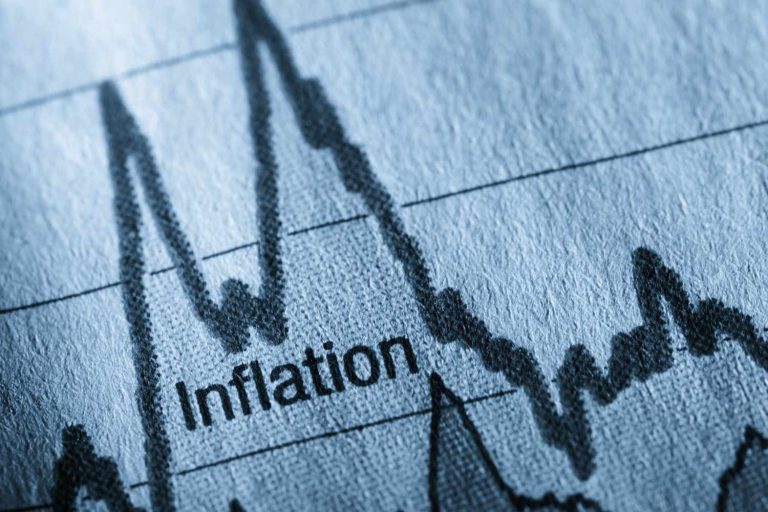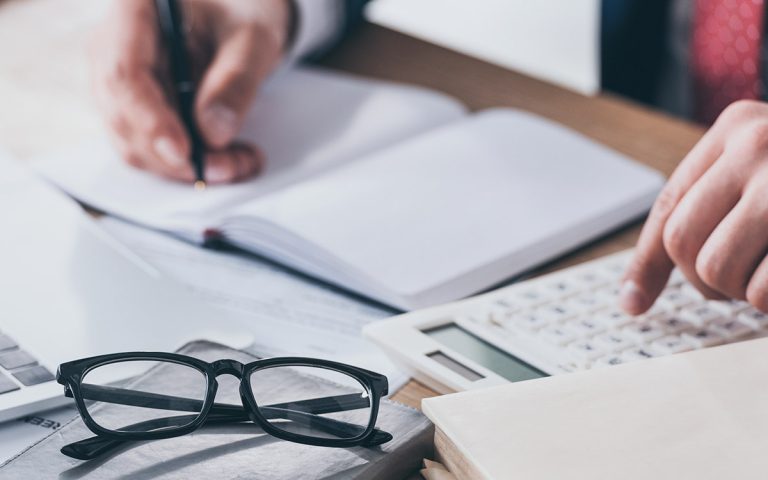The decision between renting and owning a home is a significant one, impacting your finances, lifestyle, and future. While renting offers flexibility and minimal responsibility for maintenance, owning a house brings a suite of benefits that can have lasting positive effects on your life and financial well-being. This blog post explores the advantages of owning a home, helping you make an informed decision about your living situation.
1. Financial Benefits
- Building equity: Unlike rent payments, monthly mortgage payments contribute to building equity in your home. This equity represents a portion of the property that you own, which can increase over time as the value of your home appreciates.
- Tax Advantages: Homeownership comes with tax benefits. Mortgage interest and property tax are often tax-deductible, providing significant savings over time.
- Stable Monthly Payments: With a fixed-rate mortgage, your monthly mortgage payment remains constant, unlike rent, which can increase annually. This stability aids in financial planning and budgeting.
- Investment Potential: Real estate is historically a sound investment. The value of your home can increase, offering a significant return when you decide to sell.
2. Lifestyle and Emotional Benefits
- Security and Stability: Owning a house provides a sense of security and permanence. Unlike renters, homeowners aren’t subject to the whims of a landlord or unexpected lease changes.
- Freedom to Customize: Homeownership allows you to update and remodel your home to match your taste and needs without needing a landlord’s permission.
- Community Involvement: Homeowners tend to be more involved in their local communities, leading to a stronger sense of belonging and civic engagement.
3. Long-Term Financial and Lifestyle Advantages
- No Landlord Dependency: Owning a house frees you from dealing with landlords and the uncertainties associated with renting, such as rent increases or eviction at the lease’s end.
- A Forced Savings Plan: Making monthly mortgage payments can be seen as a forced savings plan, as each payment increases your equity in the home.
- Potential for Rental Income: Homeowners have the opportunity to rent out part of their home, such as a basement or a room, creating an additional income stream.
In conclusion
Owning a house comes with numerous advantages over renting. From financial benefits like building equity and enjoying tax deductions to emotional perks like stability and the freedom to personalize your space, homeownership is a significant step towards financial independence and personal fulfillment. If you’re considering whether to rent or buy, weigh these benefits against your personal circumstances and long-term goals. For more insights on homeownership, renting, and making the best financial decision for your future, explore our range of articles on real estate and personal finance.
FAQs
Is it cheaper to own a home or rent one?
While the monthly payment for owning a house might be higher than renting, the long-term financial benefits of building equity and potential home appreciation often make owning more cost-effective in the long run. Additionally, owning a home allows for potential tax benefits and stability in knowing that your payment won’t increase (assuming you have a fixed-rate mortgage). On the other hand, renting provides flexibility and the ability to avoid maintenance costs, property taxes, and homeowner’s insurance.
Ultimately, the decision between owning and renting comes down to individual circumstances, such as location, budget, lifestyle, and long-term financial goals. It’s important to carefully consider these factors and weigh the pros and cons of each option before making a decision.
Can owning a home improve my credit score?
Consistently making mortgage payments on time can positively impact your credit score. Additionally, having a mortgage and being responsible with your payments can show lenders that you are capable of managing a large financial responsibility, which can also improve your credit score. However, it’s important to note that missing mortgage payments can have a significant negative impact on your credit score, so it’s important to always make your payments on time.
What are the upfront costs associated with buying a house?
Upfront costs include the down payment, closing costs, and any immediate renovations or repairs needed.
- Down Payment: This is a percentage of the home’s purchase price that the buyer pays upfront. The typical down payment is 20% of the purchase price, although there are programs available that allow for lower down payments.
- Closing Costs: These are the fees and expenses associated with finalizing the purchase of the home. They can include loan origination fees, appraisal and inspection fees, title insurance, attorney fees, and other miscellaneous charges. Closing costs typically range from 2% to 5% of the purchase price.
- Home Inspections: Before buying a house, it’s common to have a professional home inspection conducted to identify any potential issues with the property. Buyers are responsible for covering the cost of the inspection, which typically ranges from $300 to $500.
- Appraisal Fees: Lenders require an appraisal to ensure that the property’s value supports the loan amount. The cost of an appraisal typically ranges from $300 to $500.
- Moving Expenses: Once the purchase is complete, buyers will need to cover the costs of moving their belongings from their current residence to the new home.
- Renovations and Repairs: If the home needs immediate repairs or renovations, the buyer will need to budget for these expenses. This could include things like updating the kitchen or bathrooms, fixing structural issues, or addressing any safety concerns.
It’s important for potential homebuyers to carefully consider these upfront costs and budget accordingly to ensure they are financially prepared for the home buying process.
How does the stability of owning a home compare to renting?
Owning a home provides more stability and control over your living situation than renting, as you’re not subject to rent increases or lease terminations by a landlord. Additionally, owning a home allows you to build equity and potentially benefit from property appreciation over time. You also have the freedom to customize and make improvements to your home without seeking permission from a landlord.
On the other hand, renting provides more flexibility and less financial responsibility in terms of maintenance and repairs. Renting also allows for easier relocation if needed, as you are not tied down to a specific property.
Overall, owning a home offers more stability in terms of long-term living arrangements and financial investment, while renting offers more flexibility and less financial responsibility. The choice between the two depends on individual circumstances and priorities.
Are there financial risks to owning a house?
Like any investment, there are risks, including market fluctuations and unexpected maintenance costs. However, careful planning and budgeting can mitigate these risks. Additionally, there is also the risk of not being able to afford the mortgage payments or losing the ability to make payments due to a job loss or other unforeseen circumstances. There is also the risk of not being able to sell the house for the desired price in the future, which could result in a financial loss.
It’s important for homeowners to be aware of these risks and to have a solid financial plan in place to handle them. This may include having an emergency fund, maintaining good credit, and staying up-to-date on the housing market and property values. Overall, owning a house can be a sound financial decision, but it’s important to be aware of the potential risks and plan accordingly.
Can I still have flexibility in my living situation if I own a house?
While less flexible than renting, owning a house doesn’t mean you’re tied down forever. You can choose to sell or rent out your home if your circumstances change. Additionally, if you own a house, you have the flexibility to make changes and improvements to the property to better suit your lifestyle and needs. You can also choose to rent out a portion of the house or use it for other purposes, such as a home office or rental property. Overall, while owning a house does come with some responsibilities, there are still options for flexibility in your living situation.
Remember, whether to rent or buy is a personal decision that depends on your financial situation, lifestyle preferences, and long-term goals. Consider all factors carefully to make the best choice for your future.





